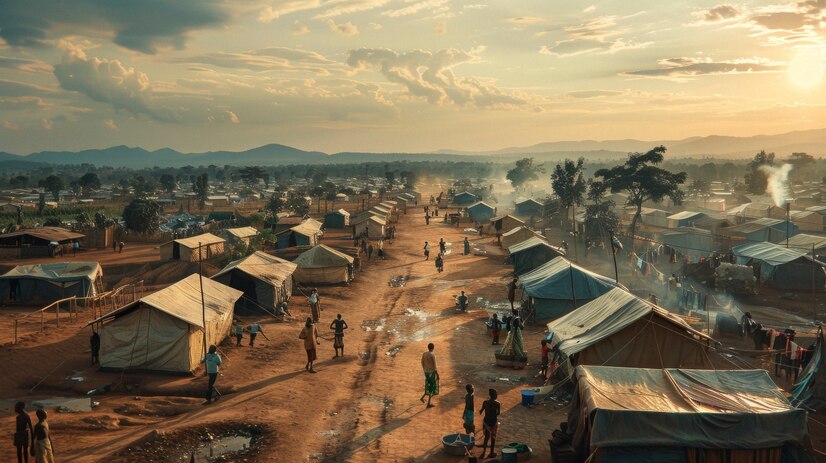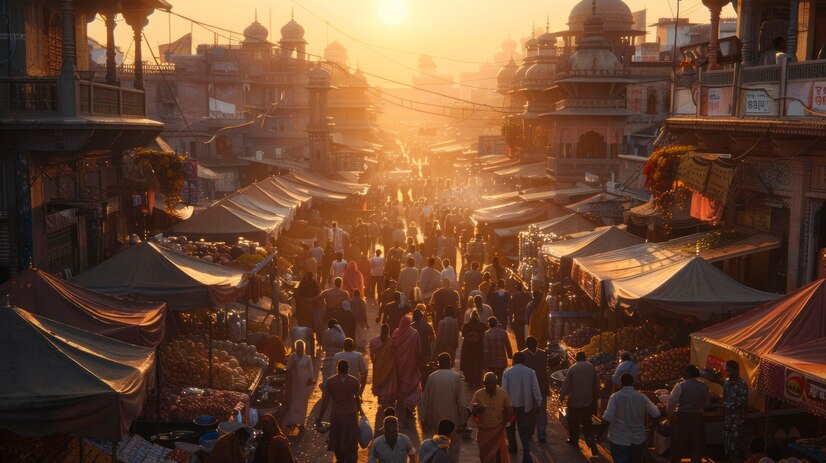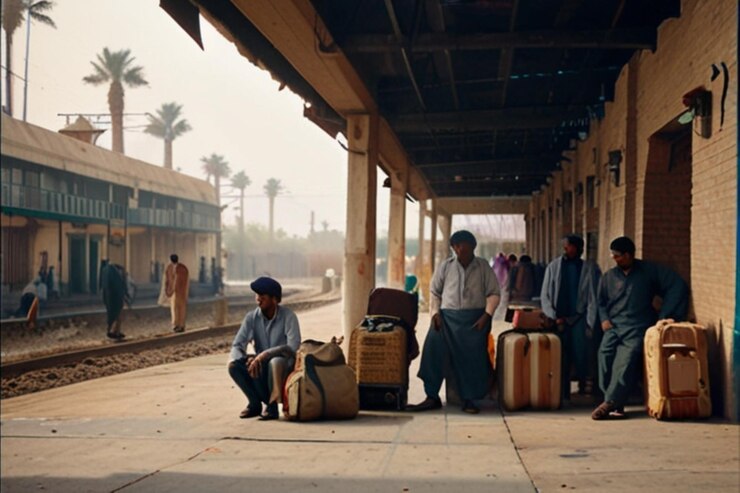Reasons for Rural-Urban Migration

Reason Rural-urban migration is a phenomenon that has been happening for decades, as people leave rural areas in search of better opportunities in cities. Several factors contribute to this movement. Here, we’ll explore the main reasons why people migrate from rural to urban areas, alongside real-life examples and the types of migration involved.
1. Economic Opportunities
One of the primary reasons for rural-urban migration is the pursuit of better economic opportunities. Urban areas often offer higher wages, more job diversity, and better chances for career advancement compared to rural areas.
- Example: A farmer from a village may migrate to the city to work in a factory where the income is more stable and higher than what they can earn from seasonal agriculture.
- Type: Voluntary migration
2. Educational Access
Urban areas often have better educational facilities, universities, and vocational training centers. Families may move to cities to give their children access to quality education and increase their chances of securing better jobs in the future.
- Example: A family from a remote village moves to the city so their children can attend high school and eventually university, which was not available in their hometown.
- Type: Voluntary migration
3. Healthcare and Social Services
Access to healthcare is often much more limited in rural areas. People may move to urban centers to get access to modern hospitals, specialized doctors, and more reliable healthcare services.
- Example: A couple with an elderly family member may move to the city to access medical treatment and facilities that can better manage chronic illnesses like diabetes or heart disease.
- Type: Voluntary migration
4. Environmental Factors
Environmental degradation, such as droughts, floods, or soil erosion, can push people to leave rural areas. Urban areas offer more stable environments in terms of both climate and resource availability Reason Rural-urban migration.
- Example: A farming family migrates to a nearby city after recurrent droughts make it impossible to grow crops and sustain their livelihood.
- Type: Forced migration
5. Natural Disasters
Natural disasters like earthquakes, floods, and landslides can force entire communities to relocate to urban areas where they feel safer and have better access to emergency relief and rehabilitation programs.
- Example: After a devastating flood wipes out homes and farmland in a rural area, families move to the nearest city to start over and rebuild their lives.
- Type: Forced migration
6. Modernization and Lifestyle
Reason Rural-urban migration As urban areas grow, they offer modern conveniences such as better infrastructure, technology, and lifestyle choices. Younger generations may migrate to cities for social and cultural reasons, seeking entertainment, freedom, and a more modern way of life.
- Example: A young adult may move to the city to be closer to cultural hubs, technological advancements, and entertainment venues that align with their personal interests and aspirations.
- Type: Voluntary migration
7. Political Instability or Conflict
In some regions, political instability, violence, or conflict can lead to displacement, causing people to leave rural areas for the relative safety and stability of urban centers.
- Example: In war-torn regions, rural villagers may flee to urban areas or refugee camps to escape violence and find shelter.
- Type: Forced migration
8. Lack of Basic Infrastructure
Rural areas often lack essential infrastructure like roads, electricity, and clean water. People may move to cities where such services are readily available Reason Rural-urban migration.
- Example: A family from a remote village without electricity and clean drinking water moves to a city for a better quality of life.
- Type: Voluntary migration

Types of Migration
- Voluntary Migration: When people choose to move for better opportunities or services, such as education or employment.
- Forced Migration: When people are compelled to move due to natural disasters, environmental degradation, conflict, or other uncontrollable factors.







